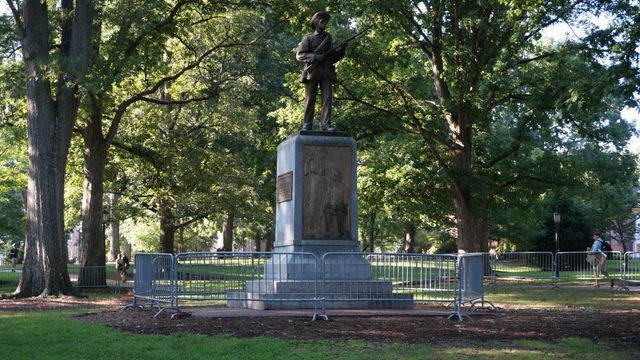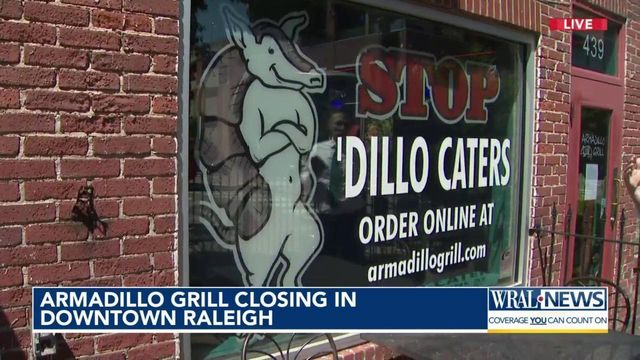'Silent Sam' deal fell apart, but lawyers still got paid
The lawyers who represented the University of North Carolina system in crafting an ill-fated deal to give a controversial monument to the Sons of Confederate Veterans got paid nearly a quarter-million dollars for their work.
The UNC Board of Governors approved a deal in November 2019 to turn the "Silent Sam" statue over to the SCV and create a $2.5 million trust to pay for its preservation. The statue stood on the UNC-Chapel Hill campus for more than a century before protesters pulled it down in August 2018.
The law firm of Womble Bond Dickson was paid $119,753 in January 2020 to negotiate and draft the deal and another $123,585 in August 2020 to defend it in court.
Hugh Stevens, a lawyer who routinely represents WRAL News and other media companies in public records cases, obtained the bills Wednesday after filing his own public records request in February.
After UNC-Chapel Hill students and faculty and civil rights groups challenged the deal, Superior Court Judge Allen Baddour voided it in February 2020, ruling that the SCV didn't have the legal right to negotiate for Silent Sam.
Baddour dissolved the trust, but it had already paid out $52,000 to the SCV's attorney for his work on the deal.
Other payments the university system has made in connection with the deal include another $74,999 to the SCV, which was passed through to the United Daughters of the Confederacy so that the SCV could stake an ownership claim to Silent Sam. The UDC had paid some money to have the statue put on the Chapel Hill campus in the early 1900s.
Also, $74,999 went to UNC-Chapel Hill for racial equity initiatives to settle a lawsuit by the Daily Tar Heel newspaper, which alleged officials had violated the state's open meetings law.











